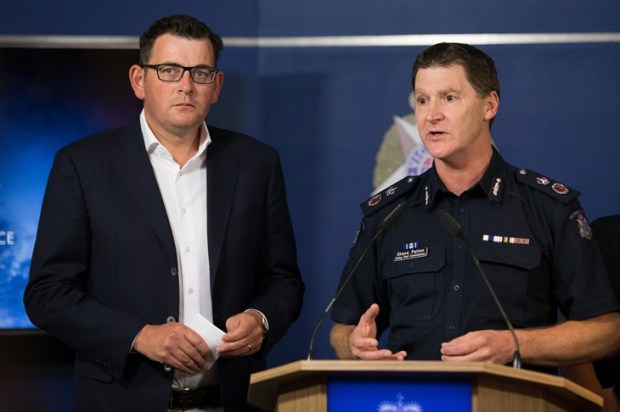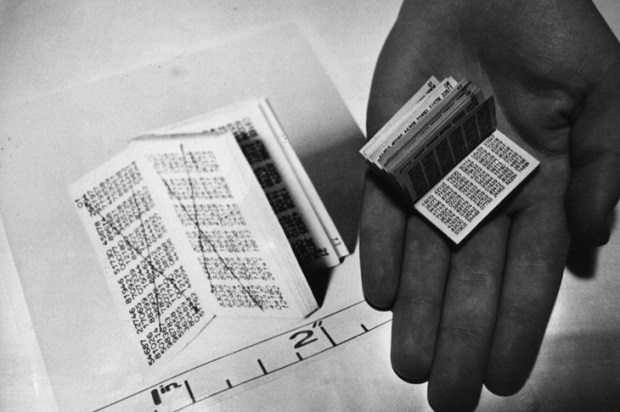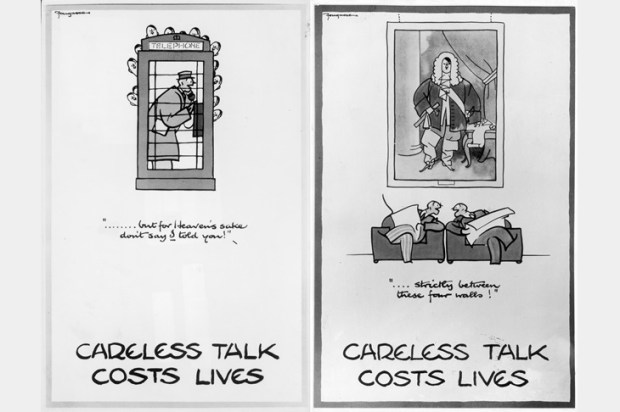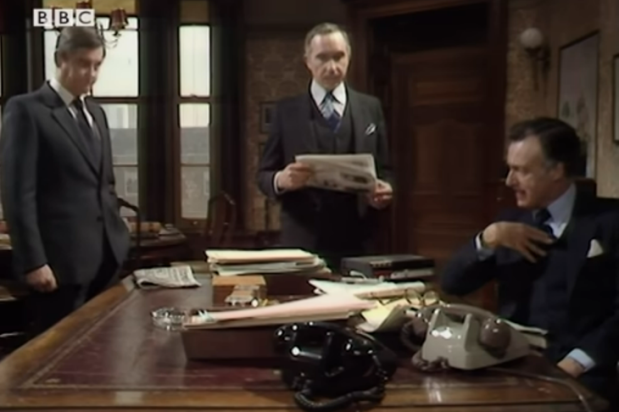Lions International is an umbrella group for thousands of local Lions Clubs – of which I have recently become a member. They raise money for various causes and offer physical help, too, to those in need. It kind of just happened – someone sidled up to me at church and asked me if I’d like to join. It feels right to be working with others locally and doing useful things. I particularly like cleaning up the local cemetery, mowing and trimming the edges around the graves, and raking up the leaves. It has an existential element to it that gives me pause for thought.
The demographic of my local Lions club is squarely in the long-since-retired category. Which is presumably why, at our recent dinner meeting, the guest speaker felt he was on safe enough ground to indulge in an extraordinary rant.
He had finished his mildly interesting and inoffensive speech about his background and experiences as a younger man before entering politics and getting elected as a Victorian state MP. My ears pricked up when he talked about visiting Russia, as it just so happens that I have begun to read The Gulag Archipelago by Alexander Solzhenitsyn. I was rolling around a form of words to try to craft a question for him, not really sure what I wanted to ask, but ran out of time anyway, as the last question was called.
The most benign soft-ball question you could imagine was pitched at him and came drifting through the room, waiting for him to bat it away for a home run. ‘Can you tell us what are the biggest challenges you face in your work?’ I have heard more answers to this question over the years than I care to remember. I’ve probably given plenty myself, especially in job interviews. They usually are full of so much self-importance and so many cliches that the audience switches off at the very moment the speaker opens his mouth.
What I heard instead shocked me. Question time ended before I could gather my thoughts and interrupt for a follow-up. I was disinclined to get in his face right there and then anyway. But consistent with my latest strategy of pushing back when shoved, I felt compelled the next day to write to the politician, as follows:
Hello [redacted]
Thank you for coming to the dinner meeting of the Lions Club last night.
I found your address interesting, especially your experiences in Russia as a younger man. As it happens I have just started reading Alexander Solzhenitsyn’s The Gulag Archipelago, which to say the least is shocking in the extreme. I wonder if you have read it, and if so, was it before or after your visit?
My reason for writing to you is because of the answer you gave to the very last question of the evening, in which you responded to a very simple question about the greatest challenges you face. To paraphrase, and forgive me if I inadvertently misrepresent you, your answer essentially lamented the fact that the curated news habits of the whole country have been usurped by the smartphone and you pined for the days when everyone believed the same things and learned about the world in the same way, namely via the 8 am ABC news bulletin and the major daily papers and the nightly TV news. It was so much easier than to get a message to the people. Now you have to work hard to get the ‘right-wing tin hats’ and the ‘crazy lefties’ to believe you.
Would you care to elaborate on the kinds of issues on which the ‘tin hats and crazies’ simply don’t believe you? Specific examples would be enlightening. I wonder if your lament stems from the fact that you feel you can no longer rely on the ABC 8 am bulletin to control a narrative and that people suspect they are being lied to? Is that a shortcoming of the ABC? Or a shortcoming of the people? Have you considered other explanations for your difficulties? One that springs to mind is the possibility that those carefully curated programs might, deliberately or accidentally, miss important counter-perspectives that resonate with the audience better than the ones with which they are presented.
If it is true that the people are being lied to, causing them to distrust the 8 am bulletins, the search for truth would be a noble, heroic quest for an honest member of parliament to undertake. Stalin’s approach, which is clear by the time you get to chapter 3 of The Gulag Archipelago, would be to smear* those who protest, perhaps with turns of phrase like ‘right-wing tin hats’ and ‘crazy lefties.’
I look forward to your reply
Kind regards
Richard Kelly
* Note: I realised later that I should have said that Stalin’s approach ‘would begin by smearing…’
I was relieved to know from the auto-response email that came back, thanking me for my email and that: ‘Should it require a response, we will endeavour to do so within four business days.’ My guess is that their determination will be that my email doesn’t need a response.
So much to unpack. For a start, it is clear that he sees the ABC as an organ of state propaganda. Anyone with a brain has known that for years. But what is extraordinary is that he, as a sitting member of Parliament, boasts about it, openly. Is that because he thinks the audience of 80-year-olds still watch and listen to the ABC and still trust it, and will automatically tut-tut with him as he waves theatrically his smartphone in his hand and sneers at everyone who gets their news elsewhere? He even called for a show of hands as to who watches the TV news, and barely half the crowd raised their hands. He was so confident that he carried on, in spite of the other half of the crowd.
Secondly, in complaining about the extra work he has to put in to be believed he casts about for someone to blame, never considering that he and his ilk might be responsible. Why are people flocking to other news sources? Could it be that the old ones are corrupted beyond salvage? The thought never enters his head. Still less what caused the corruption. Could it have anything to do with the collective propensity to lie to the electorate?
Thirdly, he’s now having to work at influencing those other sources. We’ve seen from the Twitter files that the FBI and White House had direct influence over social media. Is he complaining that as well as controlling the ABC his workload now must cover social media as well? Does the poor fellow need a pay rise to compensate for the extra work?
Fourthly, while indulging himself with invective slurs of both ‘right-wing tin-hats’ and ‘crazy lefties’ he pulled back from uttering the words ‘conspiracy theorist’. I could see them form on his lips and die before his breath could reach it. Why was that, I wonder? Could it be that conspiracy theories have turned out in retrospect to be spoiler alerts?
Finally, and perhaps most tellingly, why give such an answer at all? Why not stick with a tried and true non-answer, something along the lines of ‘my greatest challenge is to stick to the fundamental principles of equality before the law and to balance competing interests with fairness and compassion, and to find workable compromises’? Or some other bulldust. Perhaps he’d had one too many glasses of red, loosening his tongue, and said the quiet part out loud. Or perhaps, more worryingly, he thinks or knows that it doesn’t matter anymore that he declares his allegiance in this war upon the people. Or even worse, that he fears for himself unless he declares his allegiance.
At that point, we hear echoes of Solzhenitsyn.

























